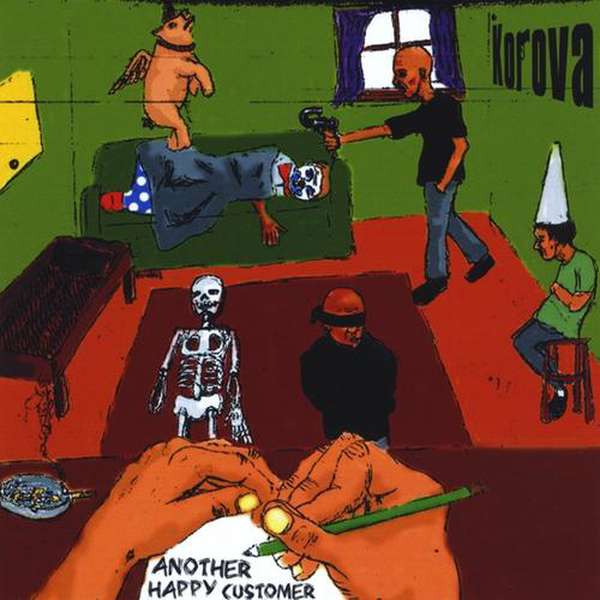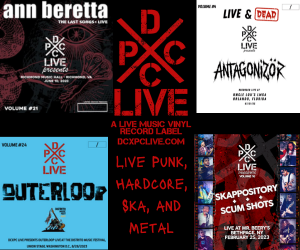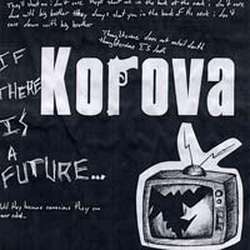Korova are a DIY hardcore band from Alabama. They wear their influences on their sleeve, with latter-day Black Flag being the predominant one throughout Another Happy Customer, though other 80s bands pop through their discordant surface. The minimal, noisy tracks separate the band from a number of their crustcore peers, but they definitely developed their songwriting from 80s thrash and I would start there with any RIYLs. Every so often, a modern chord progression will hint at melody, before the noise rock overtakes it and Ian's snarl-shout stomps it out. Speed and noise are the band's primary elements.
The recording quality is below par, with engineering credits being given to "Matt Tubb's basement." The quality fits the band's throwback sound and DIY focus well, but the awkward silence between tracks and the tendency to go from slowcore noise rockers to fast, under-a-minute burners gives it a compilation feeling instead of as a unified piece. In the middle, the spoken word "Chaucer" seems to be mixed higher than the musical numbers and disrupts the flow. That, and it sounds rather preachy for a band that proclaims "we have no art statements or agenda." There's no lyric sheet, but discernible lyrics from "Degrassi Fight Music" are of the "I can't
wasteland
never
the world is not
" variety. It's a fast, familiar sounding song and one of the better ones on the record.
The short, fast songs are solid enough, although they aren't overly distinct. The slower, noisier pieces form the band's identity, but they also can drag on too long. I find that my mood really affects what I think of this release. More so, I find that none of the songs have stuck with me once I've taken it out of the player.
If there's one emotion to Korova, it's anger. The band oozes dissatisfaction and Ian's vocals never let up from their call of isolation and frustration. There's no self-aware smirk or parody song to cut down the tone - the band gives off an extremely serious vibe, despite the handwritten note that accompanied the promo CD and showed another side of the artists.


